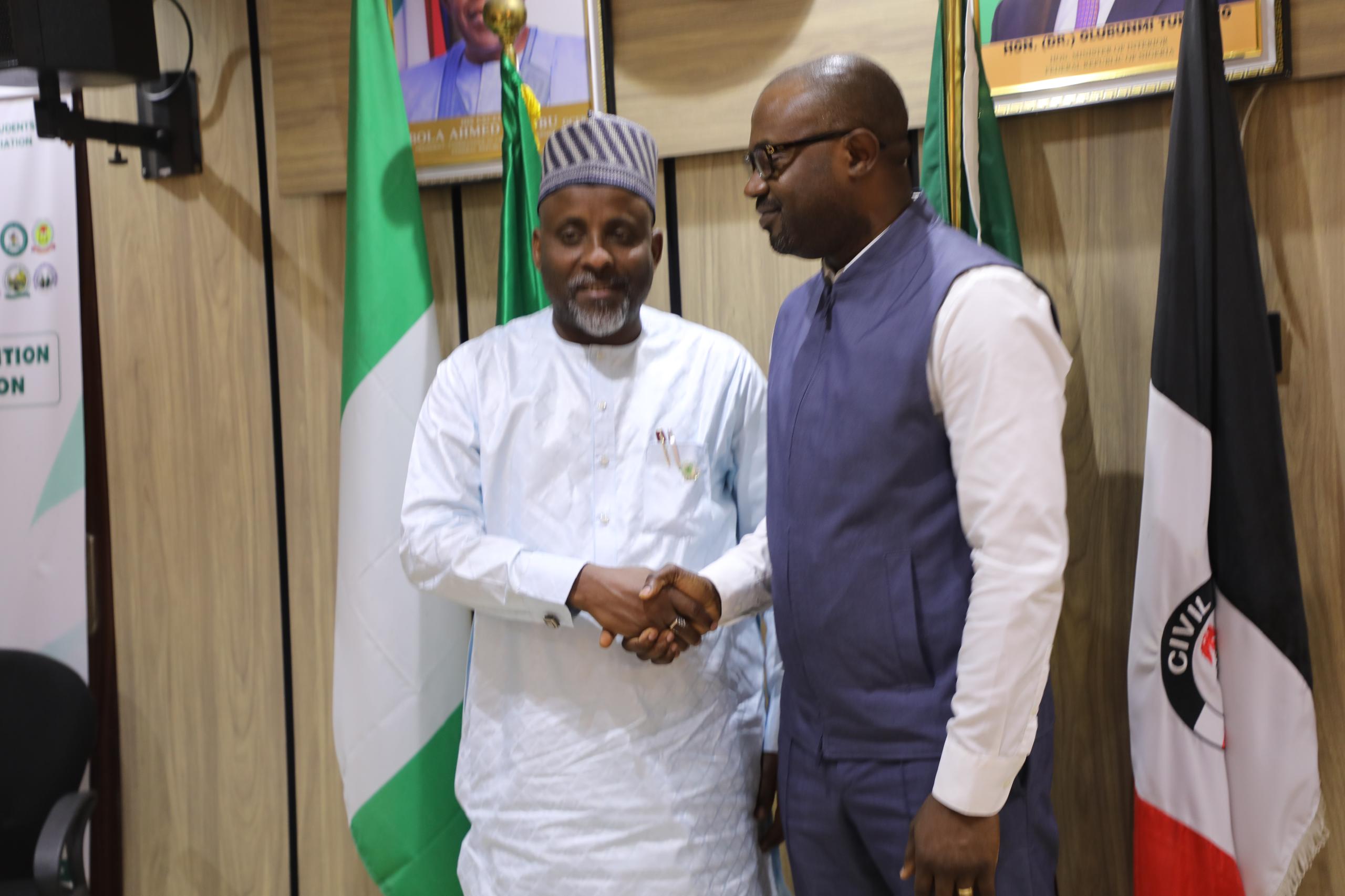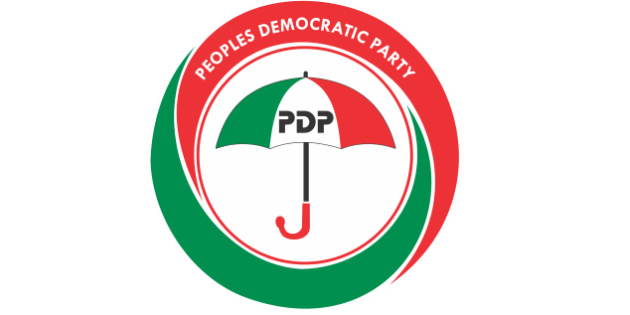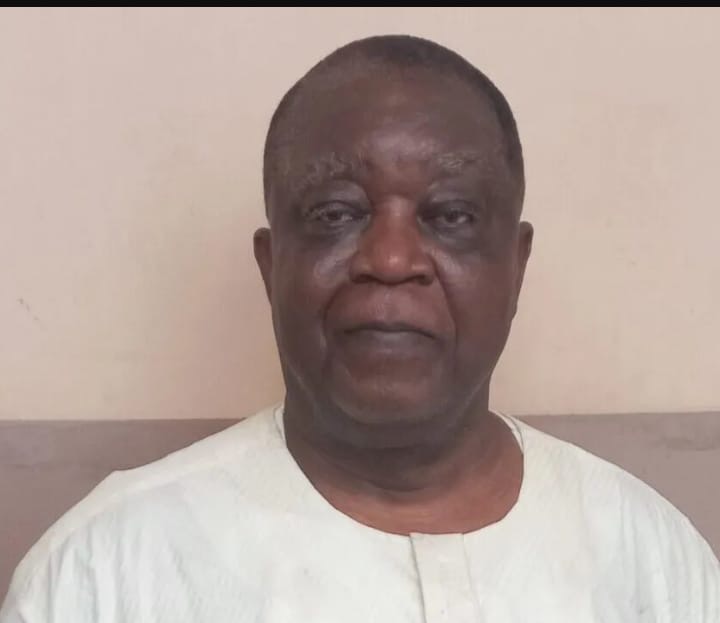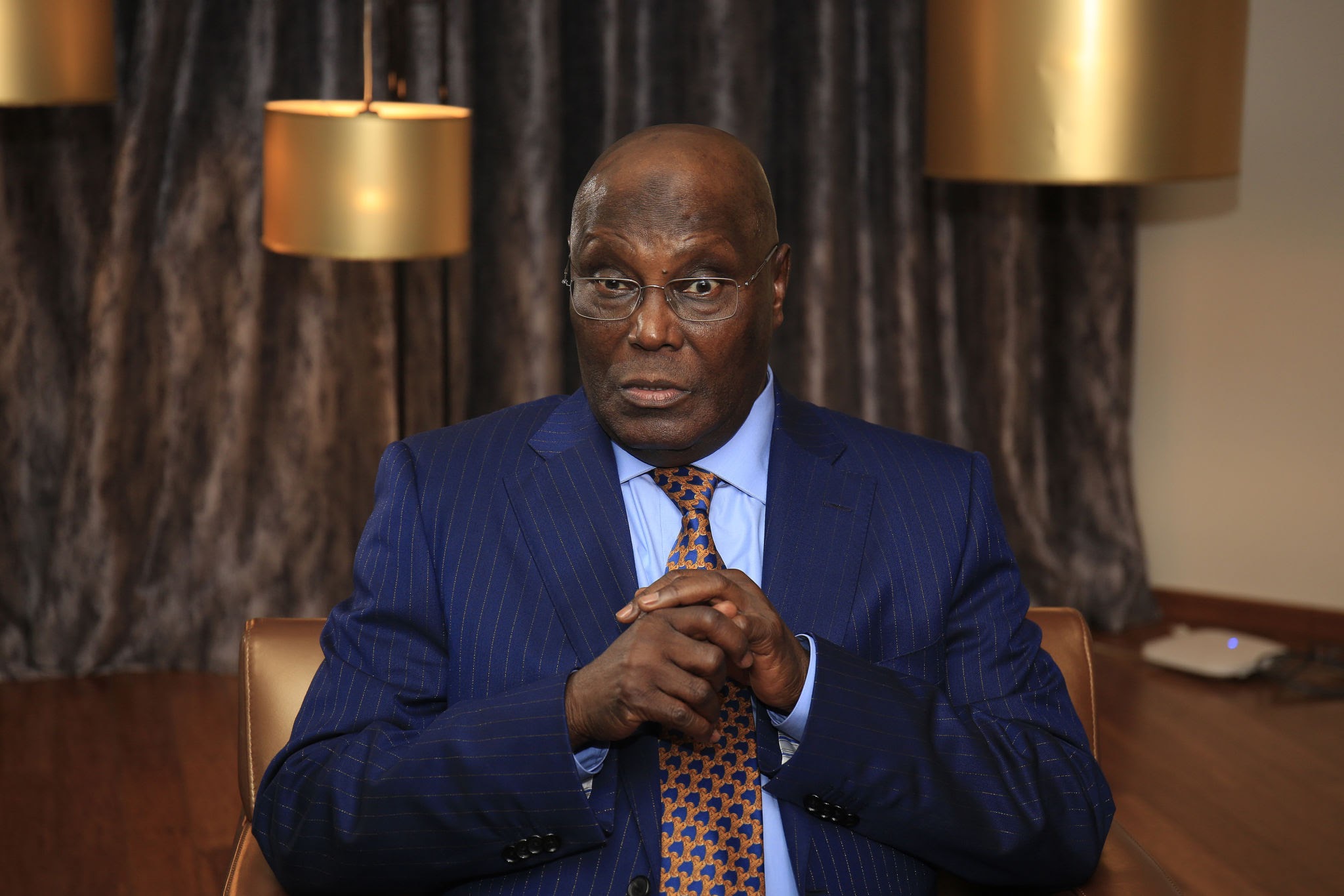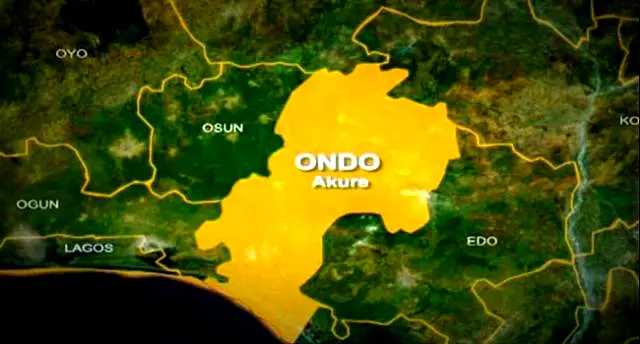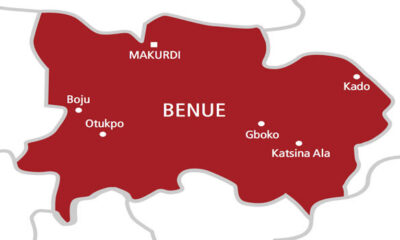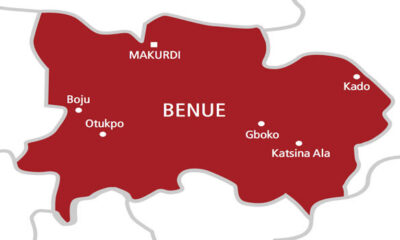News
US congressional team, UNHCR delegation visit Benue, commend efforts on humanitarian crisis
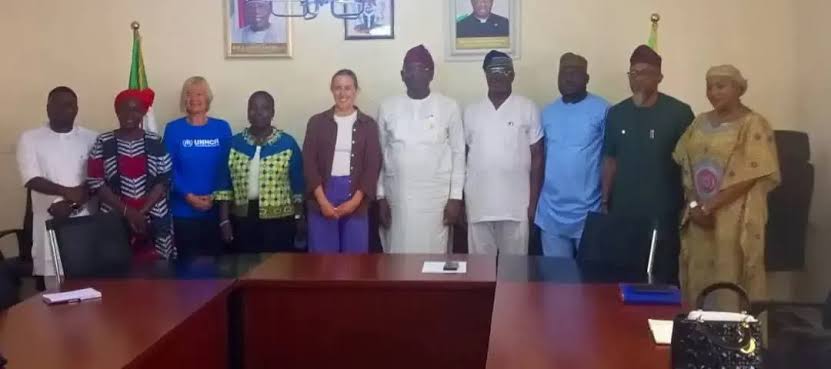
The Benue State Government has hosted a delegation from the United Nations High Commissioner for Refugees (UNHCR) and staff of the United States Congress at the Government House in Makurdi.
The delegation, which arrived on Thursday, was led by Jessie Ainslie from the UNHCR Washington DC office and received by the Deputy Governor of Benue State, Dr. Sam Ode, who stood in for Governor Hyacinth Alia.
During the meeting, Dr. Ode thanked the delegation for visiting internally displaced persons (IDPs) at the International Market camp in Makurdi. He described the visit as a clear demonstration of their concern for the humanitarian situation in the state. The Deputy Governor also reaffirmed the government’s commitment to transparency and adherence to global best practices in managing humanitarian issues.
Dr. Ode noted that the persistent conflicts in Benue were not religiously motivated, as often perceived, but largely driven by long-standing land disputes between farmers and herders, compounded by increasing pressure on land and outdated grazing practices. He emphasised that adopting ranching remained the most realistic and sustainable solution in line with international standards.
In her remarks, Jessie Ainslie extended condolences from both the UNHCR and the American people over the recent wave of violence in the state. She revealed that the visiting team comprised eight U.S. Congressional staffers, made up of four Republicans and four Democrats, who were on a fact-finding mission to assess humanitarian needs and the impact of U.S. government assistance in Nigeria.
Ainslie praised the Benue State Government for its efforts in supporting displaced persons and providing them with opportunities to rebuild their lives.
The visit, she noted, reflected growing international interest and cooperation in addressing the humanitarian crisis in Benue State, especially issues relating to displacement, insecurity, and land disputes.
-

 Uncategorized2 days ago
Uncategorized2 days agoNUJ partners TETFUND on improved educational development, seek more funding for sector
-

 Feature1 day ago
Feature1 day agoBiography of Tunji Disu, the newly appointed Inspector-General of Police
-

 National News1 day ago
National News1 day agoBREAKING: Tinubu removes IGP Egbetokun, names successor
-

 Uncategorized2 days ago
Uncategorized2 days agoBREAKING :Nass shifts plenary Resumption to March 5
-
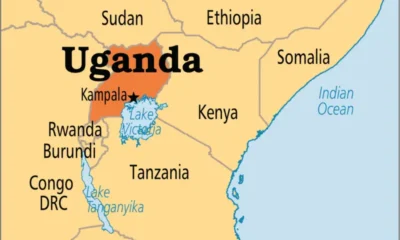
 World News1 day ago
World News1 day agoPolice arrest two women for kissing in public in Uganda
-

 News2 days ago
News2 days agoFIFA proposes one-minute rule for injured players to curb time-wasting
-
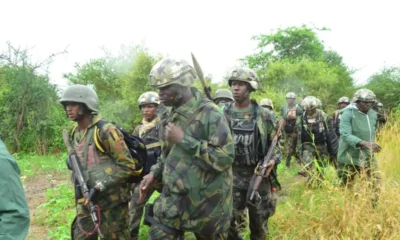
 News1 day ago
News1 day agoNigerian Army thwarts ambush, kills five suspected Lakurawa terrorists in Kebbi
-
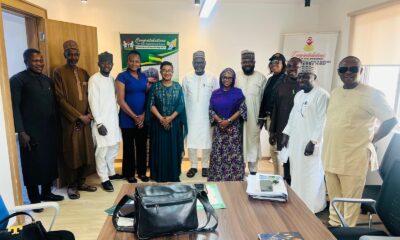
 NUJ FCT23 hours ago
NUJ FCT23 hours agoBREAKING: FCTA Health Mandate Secretary offers 150 free insurance slots to NUJ FCT members



